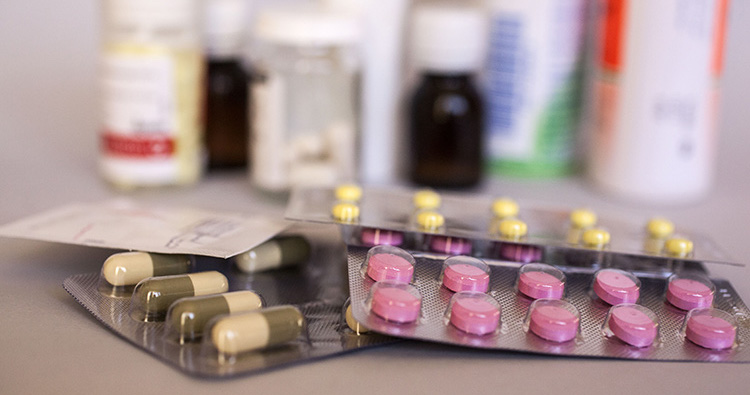Competition Agency fines 4 pharmaceutical companies $19mln for antitrust price-fixing

The Agency noted the information made public on March 23 by the Ministry about price hikes and the price-fixing on the medicines by importers and distributors of oncological medicines had served as the basis for its investigation. Photo: Nino Alavidze/Agenda.ge
The Georgian National Competition Agency on Friday announced it had fined four pharmaceutical companies ₾53 million ($19 mln) for price-fixing on oncology medicines funded within the state programme.
The Agency stated its study had identified 42 medicines with identical prices from the companies Aversi, PSP, Gepha and Mermisi against competition regulations, with the instances taking place between 2021 and 2023.
The body said it had revealed 88 cases of identical pricing, including 23 cases with the participation of two companies, 47 cases involving three companies and 18 cases involving four companies.
It alleged the moves represented a “coordinated effort” to limit competition and were a “severe form” of violation of the competition legislation.
Aversi was fined ₾14.4 million ($5.3 mln), with Gepha issued a ₾20.3 million ($7.5 mln) penalty, PSP ordered to pay ₾17.0 million ($6.3 mln) and Mermisi penalised ₾951,301 ($354,332).
In his comments, Minister of Health Zurab Azarashvili said the price-fixing meant consumers had been “left without medicines”, as “artificially increased” prices on oncological drugs from the four companies resulted in "premature expiration” of limited state funds designated for the medicines.
The charge is very serious. [...] The materials prove the companies clearly engaged in agreements for specific medicines. [The entities planned] to use artificially hiked prices to ensure compensation by the state and cause significant damage to citizens”, he said.
In its statement, the Ministry said the practices amounted to “unhealthy competition, artificial increase in prices, concerted actions and artificial shortage of medicines” from the companies and noted they involved medicines not yet covered by the state reference price policy and sold at prices set at “3,000, 2,000 and 1,000 percent” of their intended cost.
The body added the “dishonest actions directed against the state and its citizens” were “unacceptable” and added it would show “strict response to each violation”.
The Agency noted the information made public on March 23 by the Ministry about price hikes and the price-fixing on the medicines by importers and distributors of oncological medicines had served as the basis for its investigation.
 Tweet
Tweet  Share
Share